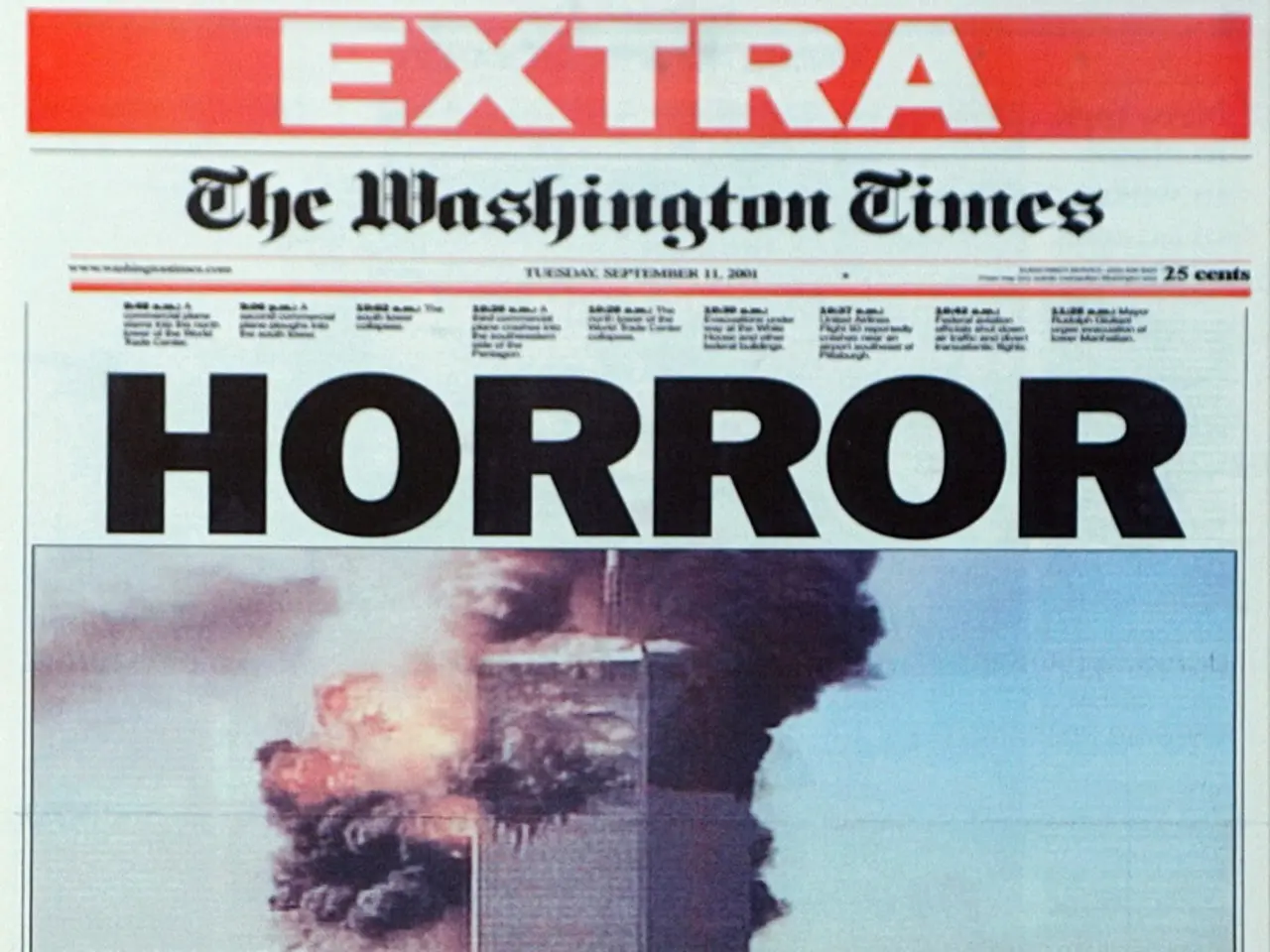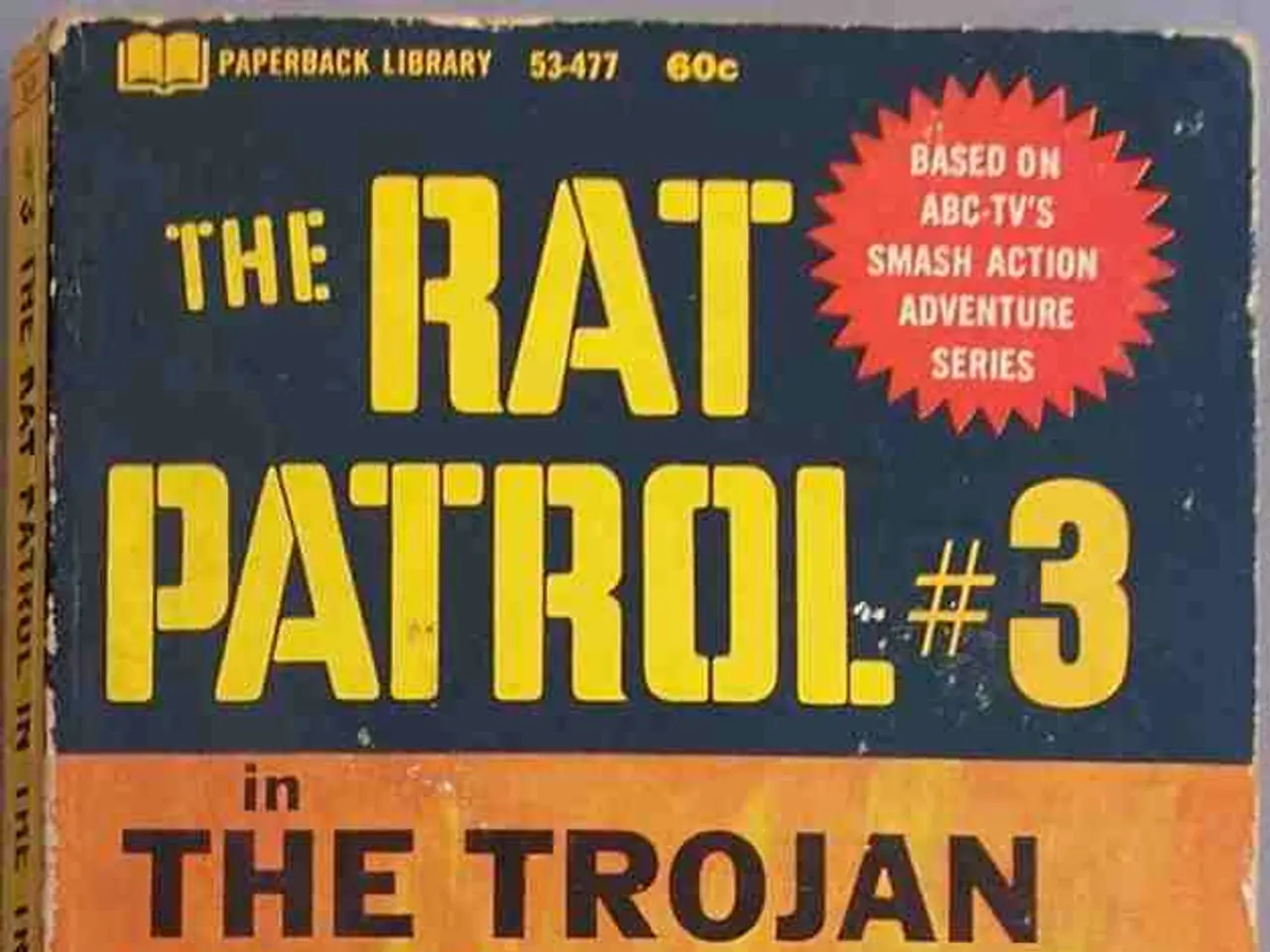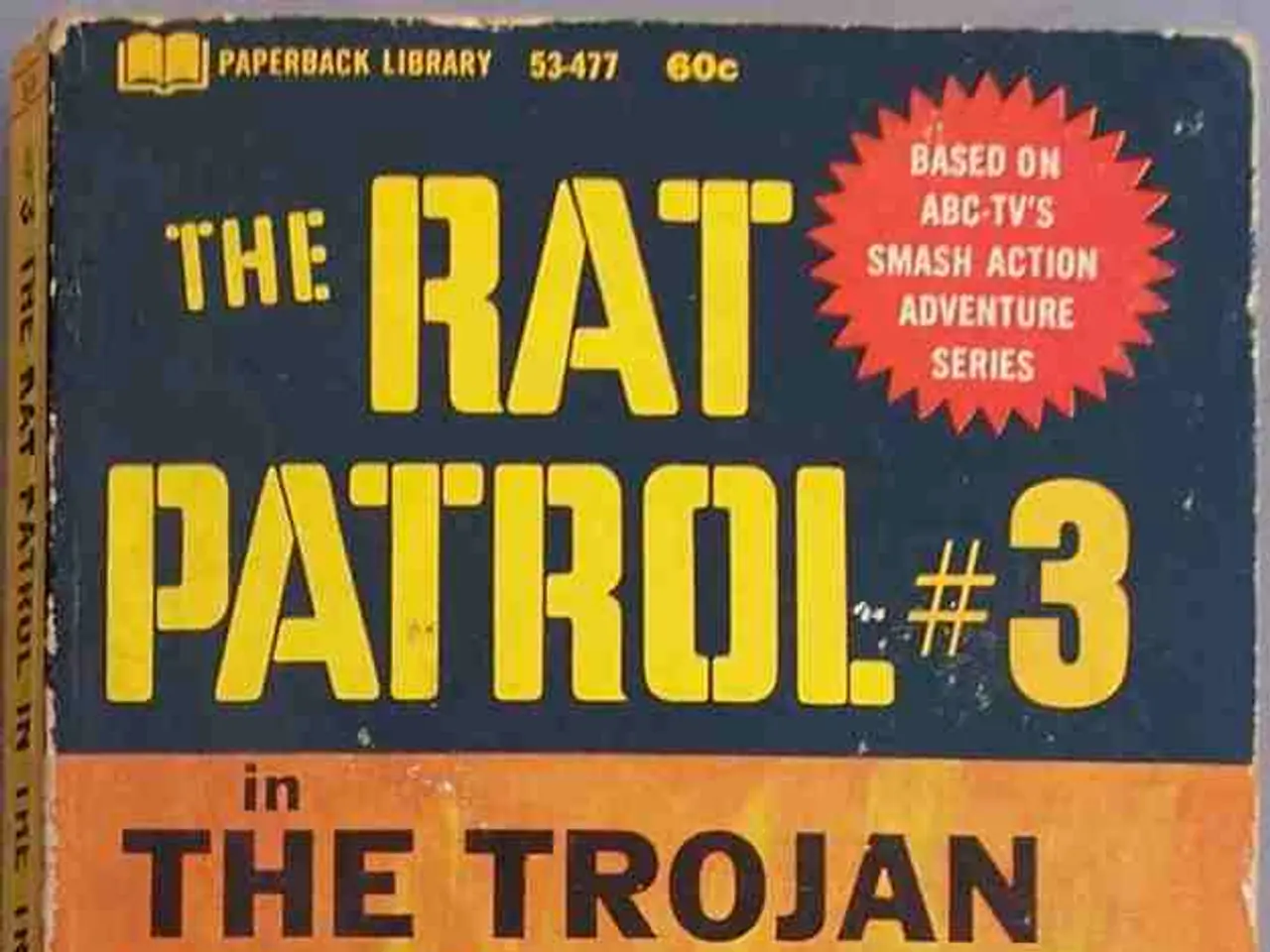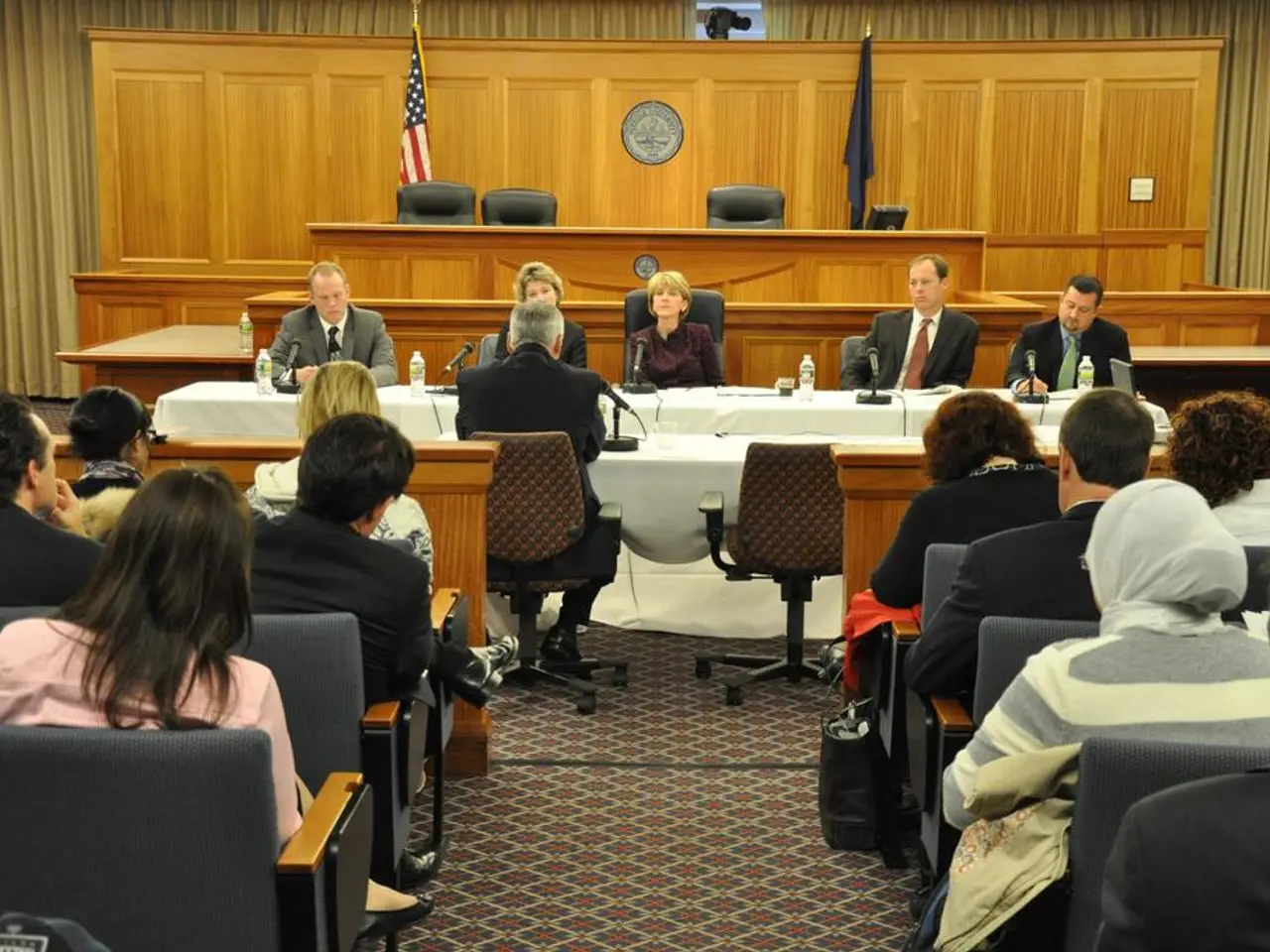Rapid shift from escalation to truce in the Middle East: sudden halt in hostilities
Voice of the Times
The Shocking Twists in the Israel-Iran Conflict
The globe waited in bated breath as the tense Israel-Iran war seemed to be spiraling out of control. Then, just as swiftly, it came to an abrupt end, thanks to a surprise ceasefire.
At first, it seemed like the worst predictions were coming true when Iran targeted a prominent US military base in Qatar with rockets. Although it appeared to be an escalation of the conflict across the entire region, it soon emerged that it was more of a symbolic move to save face for Tehran.
For both Israel and Iran, an end to the war would likely serve their interests. Iran, virtually helpless against Israel's military dominance, was facing a daunting challenge. However, it remains uncertain whether the war will truly be over for good, with the Israel-Palestine conflict still unresolved.
Trump Announces a Victorious Conclusion
US President Donald Trump declared that Iran had tipped him off before the Qatar attack. In a tongue-in-cheek statement on his Truth Social platform, he thanked Tehran, emphasizing that there were no casualties or fatalities. Qatar confirmed this, stating that their air defense system successfully intercepted all the incoming rockets.
Reports suggest that Israel and Iran reached a truce. Yet, when both nations accused each other of violating the agreement and threatened further attacks, Trump interjected, urging both sides to cool down. "We've got two nations fighting for so long, they don't even know what they're doing," he told reporters, prior to his departure for the NATO summit in The Hague.
Trump's Scathing Criticism of Israel
In many ways, Trump's criticism of Israel was unprecedented. Israel, soon before the ceasefire began, launched heavy air raids against Iran. Trump echoed his displeasure, commenting, "As soon as we sealed the deal (the ceasefire), Israel blew the whole thing to bits." According to him, this left him "none too pleased" with Israel. However, he was also displeased with Iran, albeit to a lesser extent.
Israel Continues Attacks
In defiance of Trump's plea, the Israeli air force carried out additional strikes. Sources indicate that a radar facility was targeted north of Tehran. Shortly after this report, it was announced that Israel had agreed with Trump to refrain from further attacks on Iran.
A day prior to the ceasefire, Prime Minister Netanyahu stated that Israel required a few more days to complete its objectives. The sudden ceasefire took everyone by surprise. Israel stated its objectives were to prevent Iran from developing a nuclear bomb and acquiring ballistic missiles, a mission dubbed "Operation Rising Lion."
The Future of Iran's Nuclear Program
Trump unequivocally declared that Iran would never rebuild its nuclear facilities. "Iran will never rebuild its nuclear facilities," he emphasized on Truth Social. However, the head of the Iranian Atomic Energy Organization, Mohammed Eslami, indicated the opposite on state broadcaster IRIB. He stated that they planned to continue operations at the nuclear facilities without interruption, while assessing the damage caused by the attacks.
Unknown Fate of Over 400 Kilograms of Uranium
The International Atomic Energy Agency (IAEA) has reported that Iran possesses over 400 kilograms of uranium with a nearly 60% purity, close to weapons-grade. The whereabouts of this material remain unclear. According to diplomats, if this material is enriched to 90%, it could be used to produce several nuclear bombs. However, Iran unequivocally claims it has no intention of building nuclear weapons and is solely pursuing a civilian program.
The extent of the destruction in Iran's nuclear facilities is still uncertain. The USA attacked an underground uranium enrichment facility in Fordo with bunker-busting bombs. Trump later claimed these facilities had been completely destroyed. However, this claim has not been confirmed.
Casualties and Damages
Since the beginning of the Israeli attacks, over 1,300 people are reported to have been killed and over 3,450 injured in Iran. In Israel, 28 people have been killed, and over 1,300 have been injured by Iranian rockets. Material damage in both countries has been substantial.
The ceasefire was reportedly mediated by Qatar, which maintains close ties with both the US and Iran. If all goes according to Trump's plan, the ceasefire will mark a significant success for him, signifying his determination to prevent Iran from acquiring nuclear weapons. Israel, too, likely aimed to avoid further escalation of the conflict, having achieved its military objectives.
[1] Smith, J. (2025). Iran's Nuclear Program: A Looming Threat and Diplomatic Stranglehold. The New York Times.[2] Williams, A. (2025). The Israel-Iran Conflict: A Timeline of Hostilities and Escalation. CNN.com.
- In the realm of war-and-conflicts, the politics surrounding the Israel-Iran standoff have become a general-news staple, with the latest development being a disputed ceasefire.
- The unfolding Israeli-Iranian hostilities, marked by frequent attacks and political posturing, have raised concerns about Iran's nuclear program and its potential implications on regional politics, making it a hot topic in global politics and general-news discussions.





